- The two-level local government model will officially operate from July 1, 2025. Could you tell us how the Cao Bang Education sector has prepared to effectively adapt to this change?
Ms. Nguyen Ngoc Thu: This is an important milestone in the administrative reform process of the whole country. For the Cao Bang Education and Training Department, we identify the transformation of the management model as an opportunity to improve the effectiveness and efficiency in the organization and operation of the education system.
From the beginning, we have focused on extensive propaganda work, helping the staff, teachers and employees of the whole sector clearly understand the goals and benefits of streamlining the apparatus, decentralization and delegation of power. The Department of Education and Training has proactively reviewed 111 administrative procedures and built internal settlement processes at the provincial and commune levels, ensuring consistency on the National Public Service Portal.
We have also coordinated with districts and cities to transfer educational facilities to the People's Committees at the commune level for management; developed a project to bring 9 vocational education and continuing education centers under the Department; received the task of managing vocational education from the Department of Labor, War Invalids and Social Affairs; merged the Vocational Secondary School into the Pedagogical College, forming Cao Bang College.
At the same time, the Department has streamlined its apparatus to 6 specialized departments, and advised on the issuance of a Decision stipulating new functions and tasks in accordance with the 2-level management model.
- To ensure normal and effective school operations after changing the management model, what specific solutions has the industry implemented, madam?
Ms. Nguyen Ngoc Thu: The handover of educational facilities to the People's Committees at the commune level is carried out in the original state, ensuring stability. However, to ensure effective operation in the new context, the Department of Education and Training has proactively developed coordination regulations between the Department - People's Committees of communes/wards - schools, clarifying the roles and responsibilities of each party.
We decentralize strongly but with a strict inspection and monitoring mechanism. Schools are given more autonomy in expertise, finance and personnel. At the same time, the Department increases regular and surprise inspections to promptly resolve difficulties.
In addition, the work of reviewing and supplementing the team of teachers and managers has been promoted - especially in difficult areas. The Department focuses on training the team's capacity and skills to meet the requirements of educational program innovation. Applying information technology in management is also a key solution to help create connectivity, efficiency and transparency.
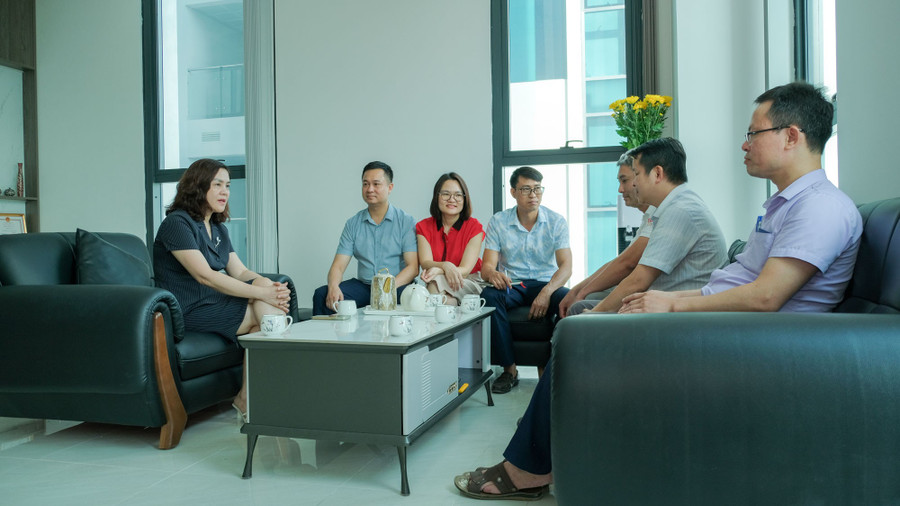
- Madam, how is the coordination mechanism between the Department - Commune People's Committee - school established to ensure consistency in administrative and professional management?
Ms. Nguyen Ngoc Thu: Regarding administrative management, kindergartens, primary schools, and secondary schools are now under the authority of the People's Committee of the commune/ward. Regarding expertise, the Department of Education and Training is directly responsible. This helps to ensure consistent and unified professional direction, while local authorities have a more proactive role in investment and ensuring operating conditions.
We base on Decree 142/2025/ND-CP and Official Dispatch 1581/BGDĐT-GDPT of the Ministry of Education and Training to develop coordination regulations suitable to the reality of each locality. Each party has a clear role, without overlap. The People's Committee at the commune level will be responsible for facilities, personnel contracts, and school security coordination. The school is the center for organizing educational activities.
- As a mountainous province with a large number of ethnic minority students, what solutions does Cao Bang have to ensure educational equity in the context of changing management models?
Ms. Nguyen Ngoc Thu: Over 80% of the province's students are studying in disadvantaged areas, with over 95% being ethnic minority students. Therefore, we clearly state that changing the organizational model does not change the priority orientation for education in disadvantaged areas.
We maintain a suitable school network, review and arrange satellite schools but ensure that students do not have to travel far. Prioritize maintaining combined classes and 3-5 year old kindergarten classes in remote and mountainous areas to ensure that all children go to school at the right age. Invest in facilities and teaching equipment from many sources. Fully implement support policies according to Decrees No. 116/2016/ND-CP, 105/2020/ND-CP, 66/2025/ND-CP of the Government. Pay special attention to teachers in remote and isolated areas with long-term attraction and retention policies.
We are also strengthening digital transformation, bringing digital learning materials and smart classrooms to schools; at the same time, improving digital capacity for teachers and students to narrow regional gaps.

- How will the system of boarding and semi-boarding schools for ethnic minorities - which is very important in mountainous provinces - be maintained and developed in the coming time?
Ms. Nguyen Ngoc Thu: This is a pillar in the strategy for developing education in particularly difficult areas. Currently, Cao Bang has 56 semi-boarding schools with more than 16,000 students and 13 boarding schools with more than 3,200 students. The provincial education development project determines that by 2030, there will be at least 84 semi-boarding schools and 13 boarding schools for ethnic minorities will be maintained.
We will coordinate with communes/wards to review and plan a school network suitable to the population, terrain and economic conditions. The development of boarding schools will be associated with investment in facilities, kitchens, dormitories, etc.
Regarding support for teachers in remote areas, the province has been seriously implementing policies according to Decree 76/2019/ND-CP. The Department is also researching and proposing additional specific policies to support teachers in remote areas - such as support for lunch, transportation, and public housing. Hopefully, this attention will motivate teachers to work with peace of mind and stay long-term.
- What message do you want to send to the teachers and students of your province during this period of many changes?
Ms. Nguyen Ngoc Thu: On June 16, 2025, the Law on Teachers was passed by the National Assembly with many preferential policies - demonstrating the gratitude and expectations of the Party and State for the teaching profession. I hope that the teaching staff of the province will continue to maintain their enthusiasm and courage, promote creativity, innovate teaching methods, effectively apply digital technology, and improve the quality of comprehensive education.
For students, I hope you always nurture your dreams, the spirit of overcoming difficulties, study well and practice well to become good citizens, contribute to building Cao Bang homeland to develop more and more and confidently enter the "Era of national growth".
Source: https://giaoducthoidai.vn/giao-duc-cao-bang-thich-ung-doi-moi-vun-dap-uoc-mo-vung-cao-post740110.html




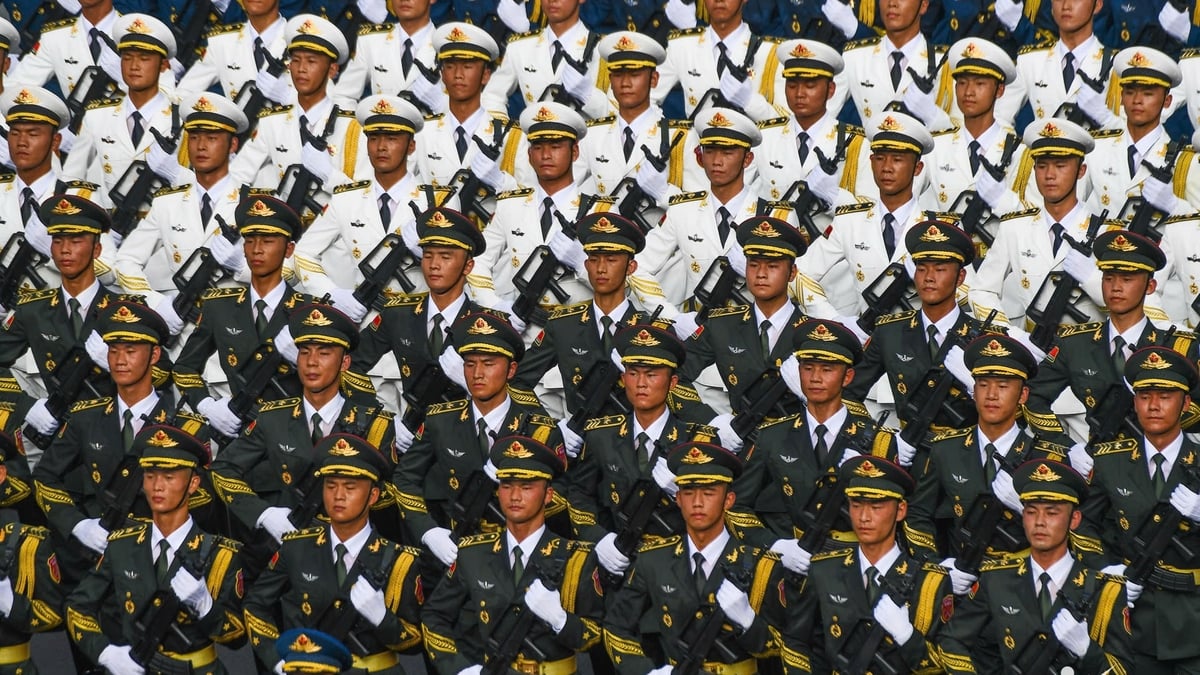
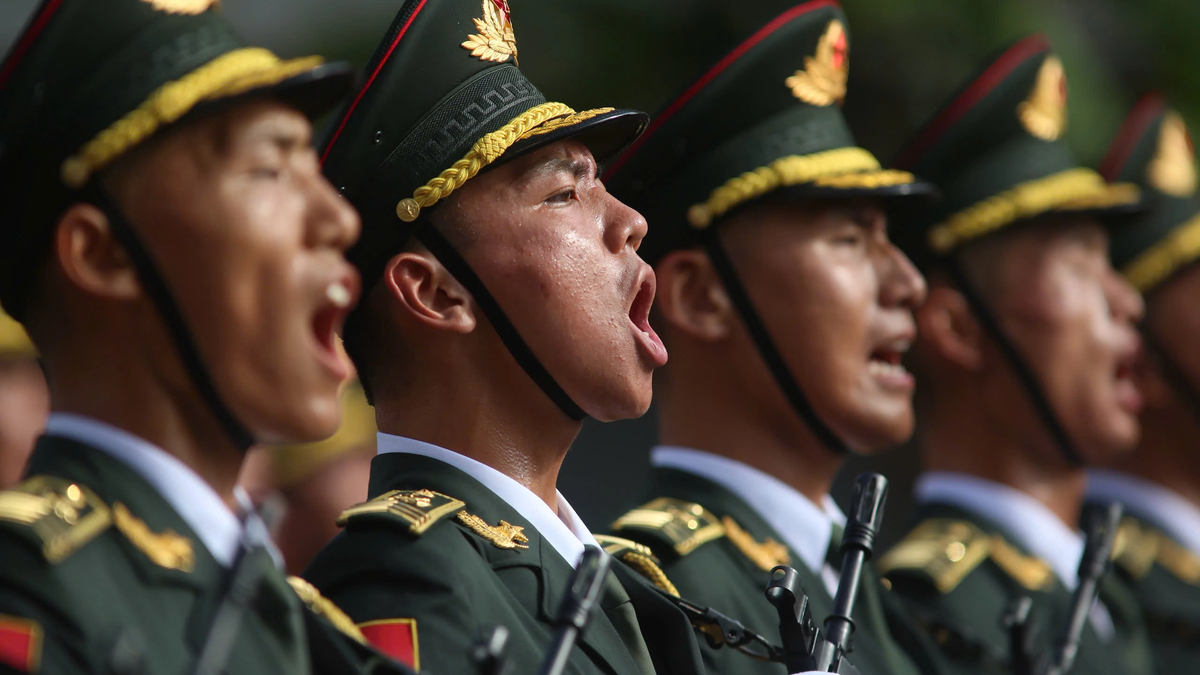



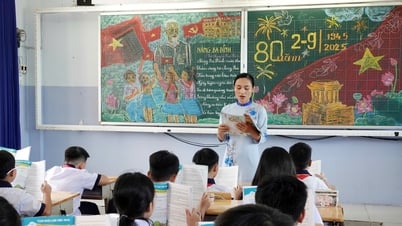

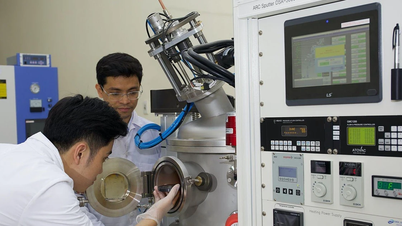
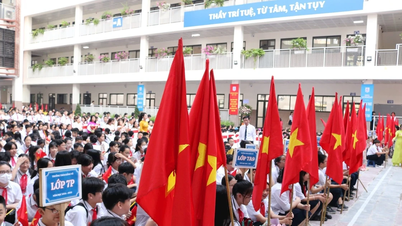
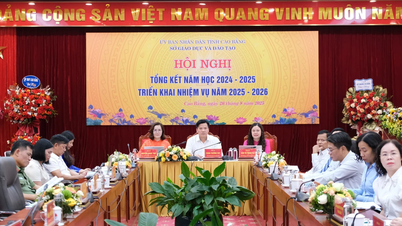
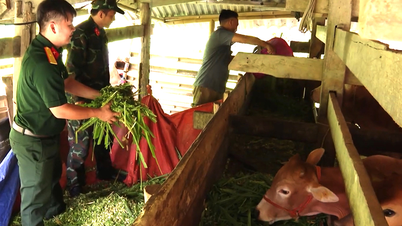



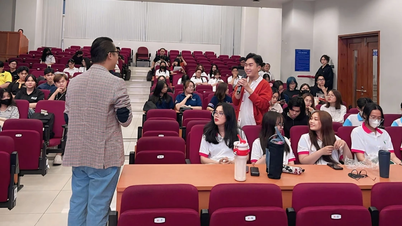







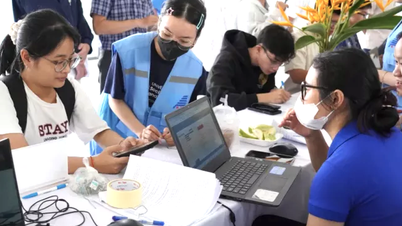

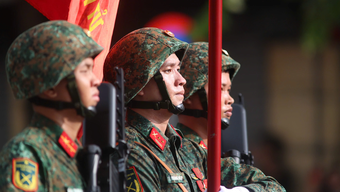


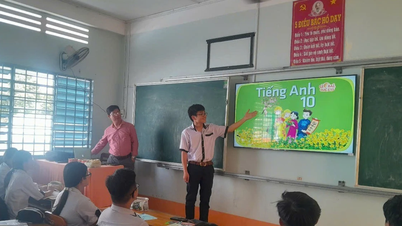

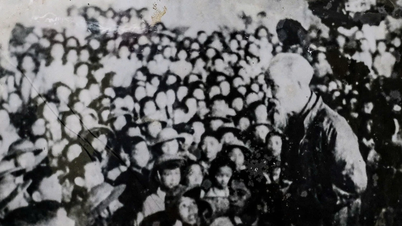
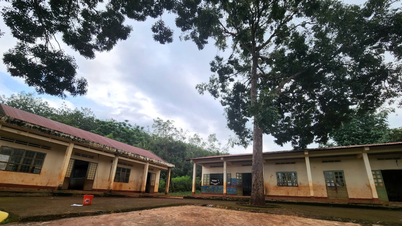
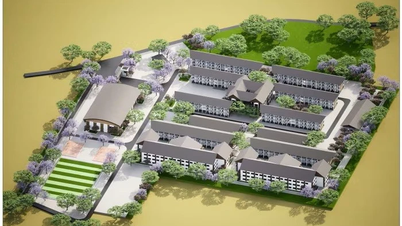
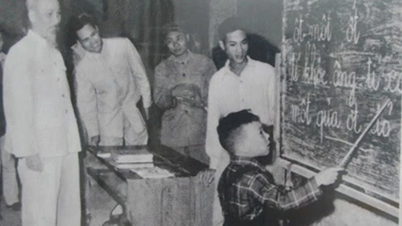

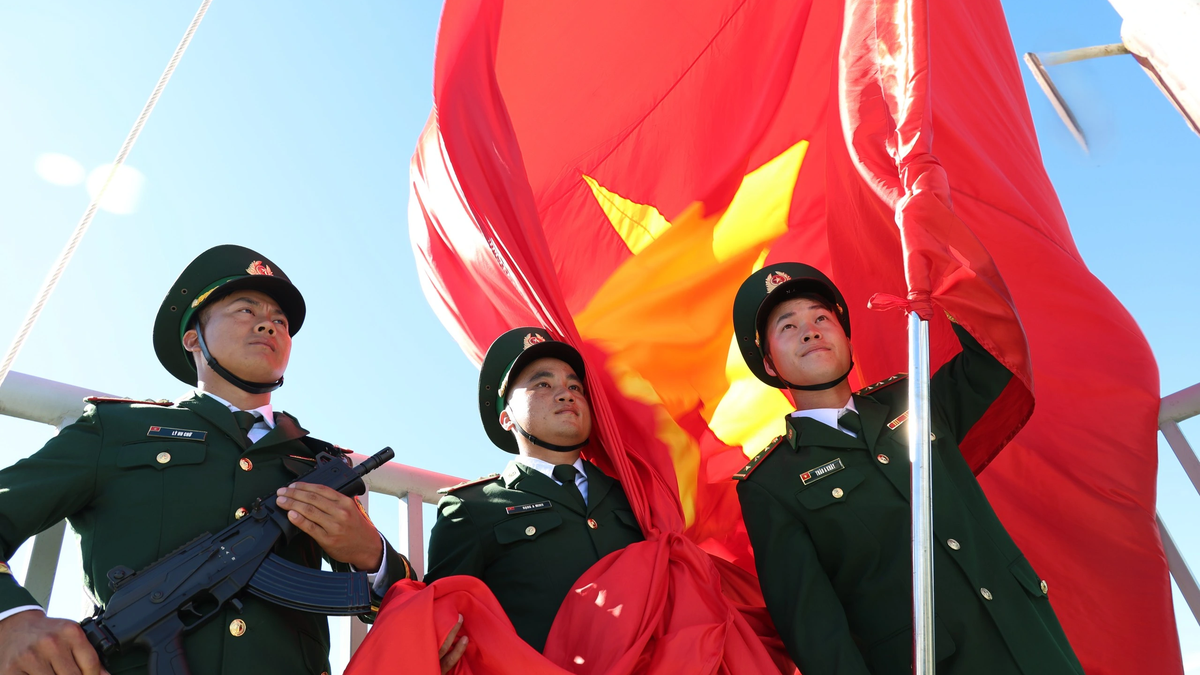








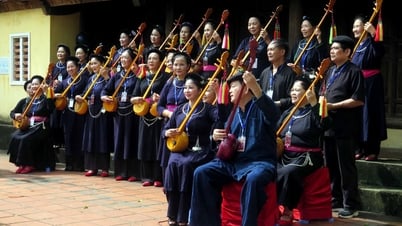

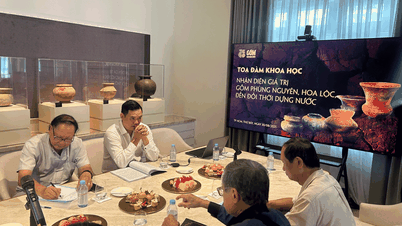















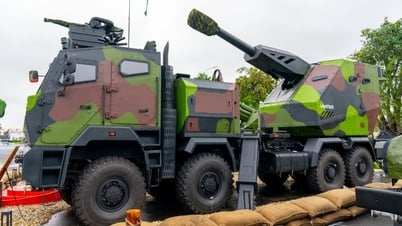


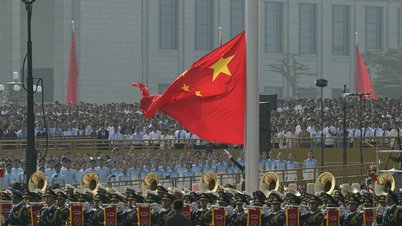
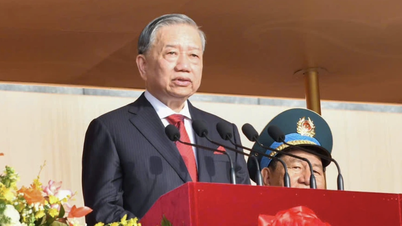








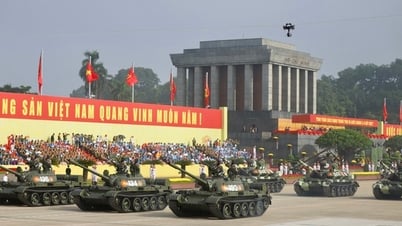
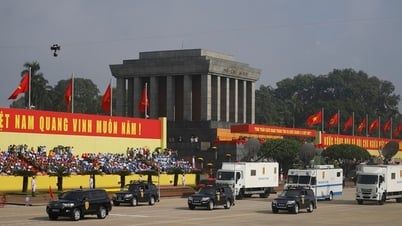
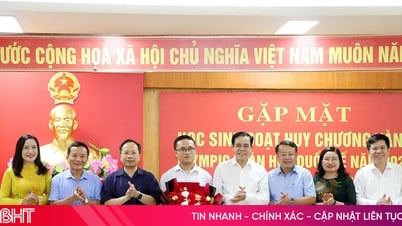



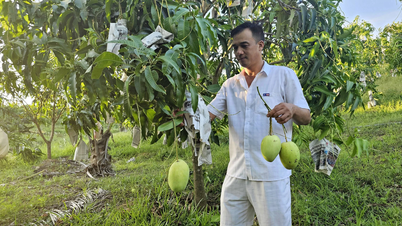







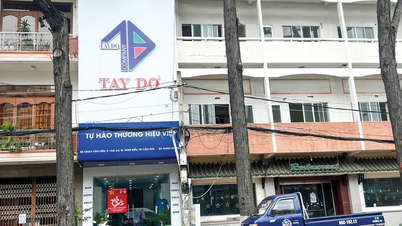

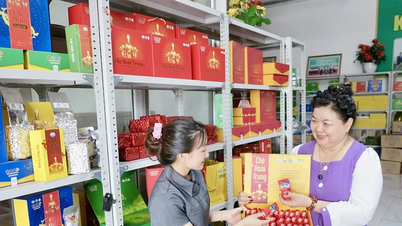





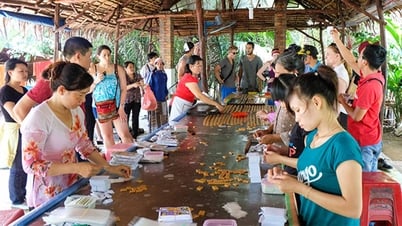





Comment (0)